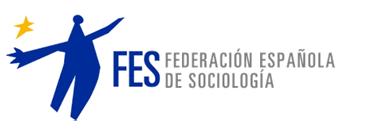How do we ensure that STEM career education is training the professionals who need STI policies oriented towards global challenges? Reflections on the role of the humanities and social sciences in the formation of interdisciplinary perspectives
Keywords:
STEM, Science Technology and Innovation, Global Challenges, Humanities, Social SciencesAbstract
This article seeks to provide a vision on how to overcome the traditional division between STEM disciplines and the social and human sciences based on the reflection on the alignment that STEM education should have with STI policies oriented towards the great global challenges. We will discuss the paradigm shift in the direction of STI policies and STEM education. Also, we will reflect on how the emphasis on multivariate and multicausal analysis of global challenges allows us to deepen the understanding of the interconnectivity between the humanities and the social sciences with the STEM disciplines.
Downloads
Downloads
Published
Issue
Section
License
Sociología y tecnociencia is licensed under a Creative Commons Attribution 4.0 International License (CC BY 4.0).
The journal allows the authors to retain publishing rights. Authors may reprint their articles in other media without having to request authorization, provided they indicate that the article was originally published in Sociología y Tecnociencia.


